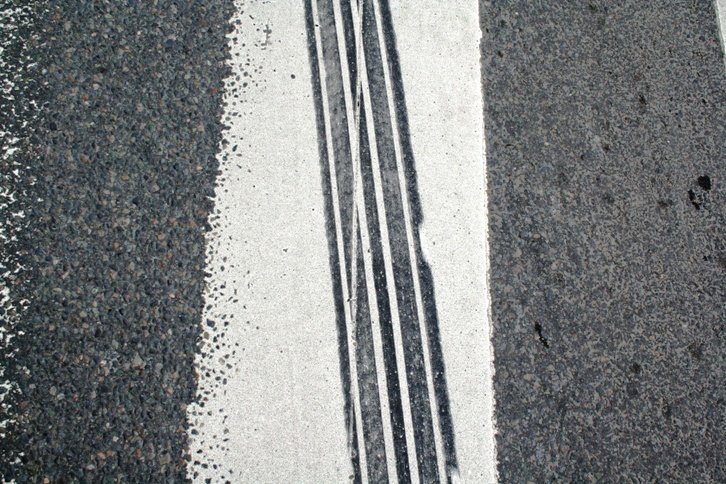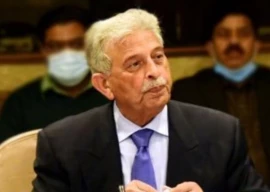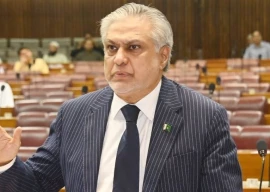
An estimated 240 people were killed in road accidents in Balochistan in 2014, the highest number of casualties over the last four years in the province, according to the Home and Tribal Affairs Department of Balochistan. As many as 115 people were killed in fatal accidents across Balochistan in 2010, 172 people in 2011, 192 in 2012, and 168 people in 2013 were victims of road accidents.
“The leading cause of these fatal accidents is reckless driving,” Additional Secretary Home Noor Ahmed Samoo said. Most of the accidents during 2014 took place on RCD Highway in Lasbela, where Samoo served as deputy commissioner of the district for eight months last year. “After a thorough investigation I found the leading cause of these accidents was the slippery conditions on the highway. In the Dam area of Lasbela, people loaded fish in their trucks carelessly and water and fish fell on the highway, making the road sticky.”

On March 22nd 2014, 40 people were killed on RCD Highway in the Gaddani area of Lasbela district when two passenger buses collided with a petrol tanker. The passenger coach, travelling from Makran and carrying drams of flammable oils, caught fire and was gutted. Results of DNA tests on the deceased have yet to be received by the victims’ families.
A fact finding commission (FFC) has held the Coast Guards, National Highway Authority (NHA), Motorway Police (PM), customs and security forces responsible for the deadly accident. The main causes of the accident were said to be the illegal transportation of oil or inflammable fuel via public transport, the poor maintenance of roads, reckless driving and inappropriate implementation of traffic laws, the FFC reported.
Despite the FFC’s report and directives from the government barring the transportation of flammable fuels via passenger coaches, dozens of such coaches continue to bring fuel and diesel to Karachi from Makran and Quetta.
According to sources in the National Highway Authority (NHA), only 20 per cent of the highways in Balochistan fall under the jurisdiction of the Motorway Police (MP). Additional Secretary Samoo says the MP is powerless. “MP officials do not have the power to fine or challan any driver for their mistakes,” he said.

Additionally, NHA officials claim that the number of road accidents have increased after the completion of highways in Zhob division. “Motorists drive faster on these smooth roads, which causes more accidents as they lose control over their vehicles,” an official said. Samoo adds that there are comparatively fewer accidents on motorways in Lahore simply because motorway police are strict and the roads and maintained.

A passenger bus driver Mohammed Irshad says the highways in Balochistan have been under construction for decades and this often affects the fitness of the vehicles. An NHA official admitted that the construction of highways has been delayed due to a lack of resources. Many portions of the Coastal Highway, RCD Highway and National Highway are still under construction.
Published in The Express Tribune, February 9th, 2015.


































1714024018-0/ModiLara-(1)1714024018-0-270x192.webp)









COMMENTS
Comments are moderated and generally will be posted if they are on-topic and not abusive.
For more information, please see our Comments FAQ